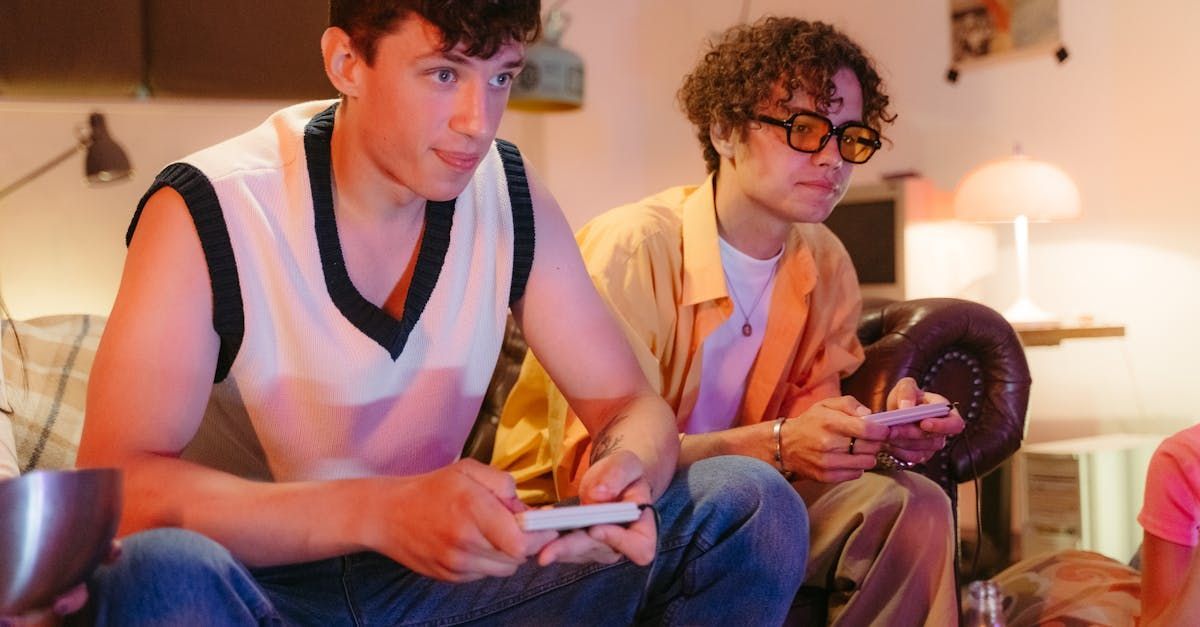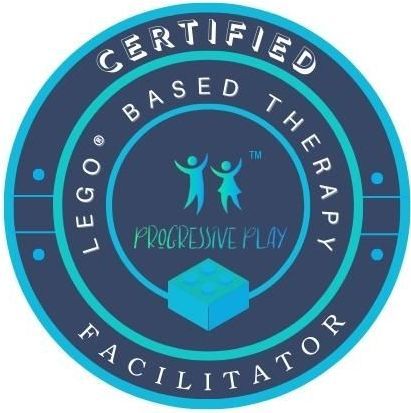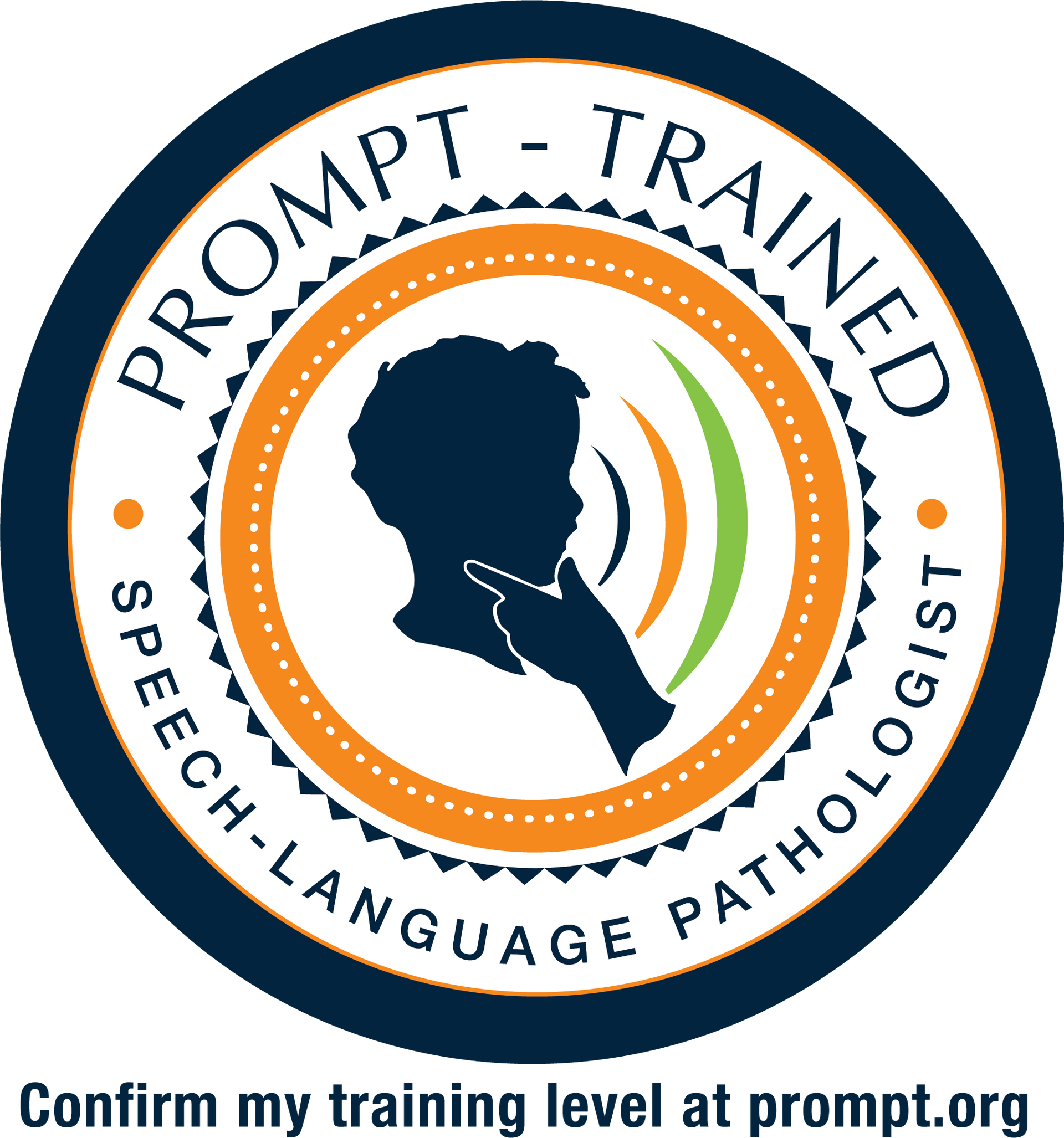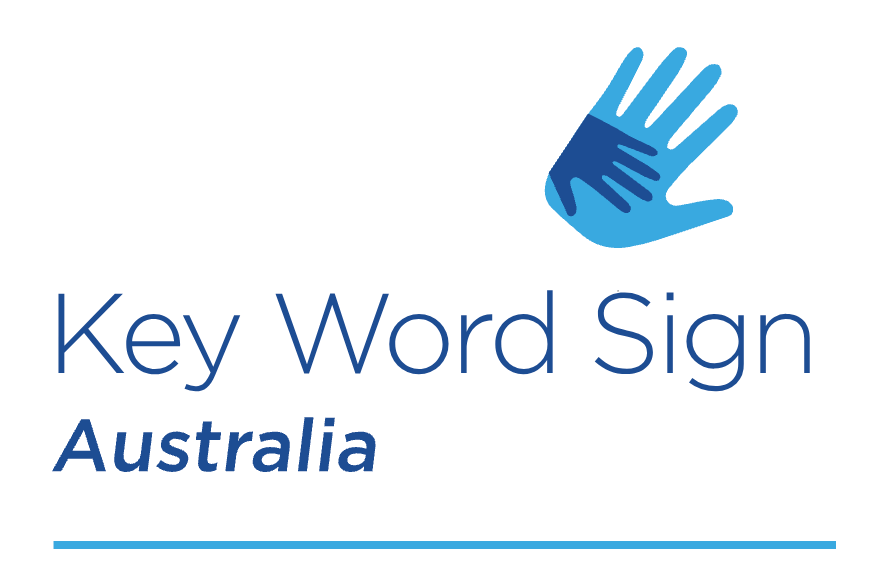Improve Social Interaction With...
Adolescent Speech Pathology in Tweed heads
Become More Confident in Social Situations
Adolescence is a time of rapid physical, emotional and social change. For some young people, this period also brings about challenges with speech and communication. These issues can significantly impact their self-esteem, relationships and academic performance. At Exploring Speech, we understand the importance of addressing these challenges when they arise to support adolescents at this crucial time in their lives.
Whether it's difficulty with pronunciation, stuttering or struggling to express themselves effectively, speech issues can be a source of frustration and embarrassment for adolescents. As parents or caregivers, it can be tough to know how to support your child and address these challenges. That's where our speech pathologist, Laura, can assist.
Laura works with adolescents from diverse backgrounds and abilities, supporting them to develop their speech skills, communicate confidently and achieve their goals. She takes a personalised approach to each client she works with, creating individualised therapy plans that prioritise the areas that could make the most significant impact on their daily lives.
Common Speech Concerns in Adolescents
Adolescents can experience a range of speech and language difficulties, which may manifest differently based on their age, personality and environment. Common challenges we see in adolescents include:
- Articulation disorders (e.g., difficulty producing certain sounds)
- Stuttering or fluency challenges
- Voice disorders
- Social communication disorders (e.g., difficulty with social cues, making friends)
- Literacy difficulties (e.g., difficulty reading and writing)
At Exploring Speech, we understand that each adolescent's speech challenges are unique and require a tailored approach. We use evidence-based methods to address these with the aim of helping our clients improve their communication skills.
A Collaborative Approach to Speech Therapy
Adolescents are often more self-aware and sensitive to their differences, making therapy a delicate process. At Exploring Speech, our approach is built on collaboration and support. We work closely with adolescents and their families to create a safe and positive therapy environment where they can feel comfortable expressing themselves.
Our sessions focus on practical strategies and tools that adolescents can use in everyday situations, such as school and social settings. We also involve parents or caregivers in the therapy process, providing them with resources and techniques to support their child's progress at home.
Ready to Explore Your Adolescent's Speech Together?
At Exploring Speech, we're dedicated to helping adolescents improve their speech and communication skills with confidence. If you have concerns about your adolescent's speech development, don't hesitate to get in touch with us. We'll schedule a consultation to discuss their challenges and goals further and create a plan for addressing them together.
Don't let speech issues hold them back any longer; let's explore their potential and support them on their journey towards effective communication. We'll help your adolescent communicate with greater confidence, at a time when social interaction is hugely important!
Based in Tweed Heads, we facilitate in-person, community-based and school appointments for adolescent speech pathology. We also offer Australia-wide Telehealth appointments and programming for
children, adolescents and
adults.
Learn More
What is adolescent speech pathology?
Adolescent speech pathology focuses on the assessment, diagnosis and treatment of communication disorders in young people aged 12-18 years old. Adolescents may experience a range of challenges with speech and language, which can impact their confidence, social skills and academic performance. A speech pathologist works closely with adolescents to support them in developing effective communication skills and achieving their full potential.
How do I know if my adolescent could benefit from speech therapy?
If you notice your adolescent experiencing difficulties with communication, it may be an indicator that they could benefit from speech therapy. Some signs to look out for include difficulty pronouncing certain sounds or words, stuttering or difficulty expressing themselves effectively in social situations. A speech pathologist can carry out a thorough evaluation and personalised treatment plan.
How long does speech therapy for adolescents typically take?
The duration of speech therapy for adolescents can vary, depending on the severity of their communication difficulties and their engagement with therapy. While some may see progress within a few weeks, others may require longer periods to achieve significant changes. Consistent practice and support from parents or caregivers can play a significant role in the speed of progress.
Can speech therapy help with social communication difficulties in adolescents?
Yes, speech therapy can be highly effective in addressing social communication difficulties in adolescents. A speech pathologist can work with young people to improve their understanding and use of non-verbal cues, conversational skills and making friends. By targeting these skills, adolescents can become more confident and successful in their social interactions.
Is speech therapy for adolescents different from speech therapy for children?
Yes, speech pathologists may use different methods and strategies when working with adolescents compared to children. Adolescents are at a unique stage of development, which requires a more tailored and collaborative approach to therapy. They may also focus on different skills, such as social communication and literacy, which are particularly relevant for adolescents.
How can I support my adolescent's progress in speech therapy?
As a parent or caregiver, you play a crucial role in supporting your adolescent's progress in speech therapy. You can support their practice at home by using the techniques and strategies recommended by their speech pathologist. You can also encourage open communication and provide positive reinforcement to boost their confidence and motivation. Overall, a collaborative approach between the speech pathologist, adolescent and parents or caregivers is key to achieving successful outcomes in therapy.

